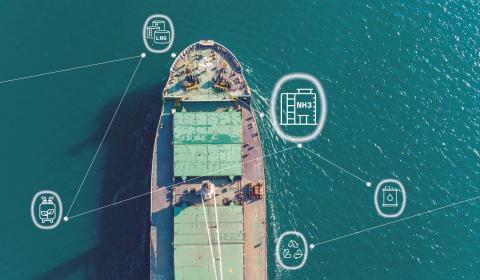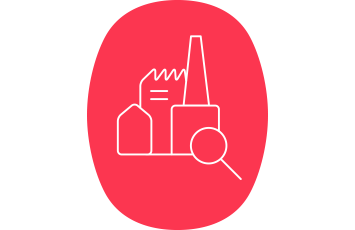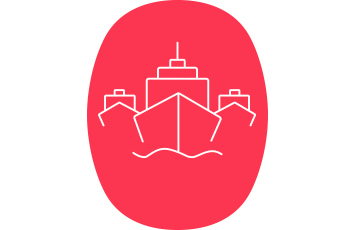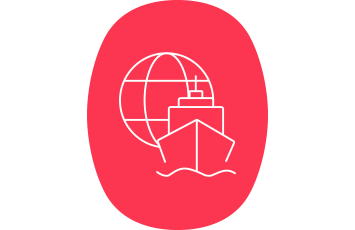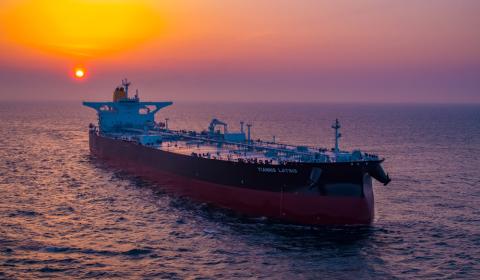
Exploring the future of tankers with Latsco
Greek firm Latsco Marine Management Inc. first entered the tanker segment in 1958. Over 60 years later, and after an absence of 25 years from very large tankers, it is introducing four new Very Large Crude Carriers (VLCCs) to its fleet. We spoke to Latsco’s Chief Operating Officer Antonis Georgantzis about what lies ahead, the new vessels and how Class Societies like Bureau Veritas (BV) can best assist the industry.
Are you optimistic about the future of the tanker market?
I’m optimistic that we will be able to tackle the challenges lying ahead of us. We are hopeful of a tanker market recovery in the coming months. The tanker and gas markets have always been at the forefront of the shipping industry and proven to be highly adaptive.
As things stand, the global tanker fleet is aging, and the orderbook is slim. Newer vessels, of course, have a competitive edge over their older counterparts; they have a superior energy conservation performance and will comply more easily with upcoming regulations.
Regarding future fuels, Latsco has been engaged in transporting LPG since the 1980s. We started investigating LPG as a possible fuel in 2015, using our considerable experience to contribute to the LPGreen design development with other key industry players. We believe that LNG and LPG will be the go-to transitional lower-carbon fuels in the near future, simply because the infrastructure, engines, containment and storage systems are already available.
However, currently the available range of gas-fueled tankers proposed by major new building yards have a limited gas mode sailing range compared to traditionally fueled-ships. This is due to limitations on the offered pressurized gas containment systems. When combined with limited available gas bunkering infrastructure, this becomes a point of concern for the vessel’s operational performance and commercial competitivity. Finally, it also compromises the vessel’s ability to reduce CO2 emissions by operating in gas mode for the full duration of a long laden/ballast voyage.
Very Large Gas Carriers and mid-size LPGs are currently offered with dual fuel options, but, in most cases with a reduced range in both fuel modes. Such designs will require significantly higher frequency of gas fuel bunker supply than conventional vessels, making them commercially less attractive.
Shipyards will need to develop dual fuel designs that incorporate a greater sailing range, similar to that of conventional vessels. They’ll also need to keep in mind gas fuel storage limitations from the tank containment system and assure that the rising pressure can be safely managed on non-gas carrier vessels.
What strategic choices has Latsco made in preparation for the future?
Our overall priorities are safety, environmental protection, business excellence and quality assurance. We work as a team and we focus on our customers and their needs, with the ambition of staying at the forefront of our industry and as close as possible to the latest developments.
The average age of our fleet is less than seven years old, that will become even smaller with the completion of our current 2022 new building program and the sale of our oldest vessels from 2008.
The design of these our two new VLCCs incorporates the latest optimized hull from Hyundai Heavy Industries and adopts multiple energy saving devices and latest-generation low friction anti-fouling coatings.
We have voluntarily applied BV’s CLEANSHIP and GREEN PASSPORT Notations for further enhancing the vessel’s environmental performance.
When all these are combined with additional energy saving adoptions in the engine room operation, the end result is an environmental friendly, energy conserving and highly competitive vessel.
Why did you choose to class these new VLCCs with BV?
This was our first project with BV, which is appropriate as there were many firsts for Latsco in these vessels overall. We decided to look for a new Classification Society, other than the traditional cluster we have been working with and found BV to be an obvious choice, valuing elements like the strong presence in Greece, the strong team that mans the local office and its expertise on such type of vessels.
Throughout the project’s duration, we have found BV to be very supportive over challenges experienced, while when we made the strategic decision of changing to the Greek Flag, the assistance and expertise provided was key for succeeding on time.
How can class societies better support the shipping industry in preparation for the future?
The coming years will be the most demanding yet for the shipping industry; we will have to undergo bigger changes than ever before. Ships will be more complex and expensive to build, and CO2 taxation will be an additional complication. All of this means that shipping companies will have to be agile and ready to make key decisions when the time comes.
I feel the whole shipping industry would benefit from practical assistance in navigating towards emissions reduction and compliance with the evolving regulations.
There are lengthy discussions and heavy promotion going on around alternative fuel options, but from our experience in gas and when looking into what is actually available and what can be materialized on the new vessels, we are still at the infancy stage for anything else other than gas as fuel for the early years to come.
We expect that Classification Societies shall provide clear guidance on the latest available technologies and keep clients up to date with the latest developments in this critical for the shipping as a whole field. They have the experience and expertise to help uncover targeted solutions from the available options being on offer at any given time from the builders. We consider such fundamental in the practical approach needed to unlock progress.
Our client proximity places us in the heart of ongoing discussions around decarbonization, design improvements and a host of challenges facing the shipping industry as a whole. We share Antonis’ optimism, and relish the opportunity to share our expertise to help shape a better maritime world.
